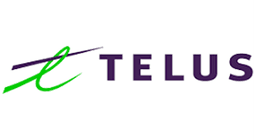
Chrome Enterprise Premium
Easy Migration
Be amongst the first to experience the newest security features.

Dive Deeper Into Readiness Insights
Explore device-level readiness, risk areas, and recommendations that inform your ChromeOS migration strategy.

Trusted By The World's Largest Enterprises












Proven Records Of Excellence
Why Enterprises Trust Chrome Enterprise Premium
Most Secure Browser for Enterprise Organizations
Security by Default
Built-in protections keep users and data secure without extra tools.
Lower Total Cost of Ownership
Reduced hardware needs, longer device life, and fewer licenses cut overall costs.
Simplified IT Management
Web apps minimize complexity and streamline operations.
Advanced Security Features for Protect Your Data
We Pinpoint Exactly Where To Deploy Premium Features Ensuring Your High-Risk Data Stays Within Your Control While Your Teams Work Without Friction.

Session Thefts
Identifies potential risks where active user sessions may be compromised or hijacked, leading to unauthorized access.

Unverified Extensions
Highlights browser extensions that are not verified or approved, which may introduce security or privacy risks.

Unsecured Domain Access
Detects access to unsafe or unsecured domains that may increase the risk of malware or data breaches.